Posted on: 25.10.2024
We recently brought together over 50 Public Affairs and policy professionals for a panel discussion on gender equality in the sector. Along with industry experts, we aimed to foster open dialogue between women and men within the industry. We wanted not only to draw attention to real, lived experiences, but also offer actionable advice and genuine solutions for driving change.
On the evening itself, our panel highlighted a pressing issue: Brussels, and Europe more broadly, lags behind countries such as the US and UK when it comes to addressing gender equality within public affairs.
For those who couldn’t join us, Barbara Ozanon, our Head of Europe and event chair, shares her key insights and takeaways. Read the full piece below:
1. We still have a gender equality problem in 2024
Despite some progress, systemic barriers continue to hold women back in Brussels’ public affairs sector. Unconscious bias remains a key issue – and it impacts us all to some extent. We have to constantly work to fight these biases.
Georgia Mourad Brooks, founder of The Nine, Brussels’ first female-focused members club, shared a stark example. A male colleague requesting paternity leave was told, “That’s your wife’s job,” by a superior. This attitude might sound archaic, but it took place in 2023. We’re plagued with deep-rooted cultural challenges that still persist in the modern age.
Zuzana Púčiková, Strategy Director at Acumen Public Affairs, highlighted how discrimination still exists, but it has evolved to take on a more subtle form.
“Today’s sexism can come in the form of microaggressions that are very difficult to pinpoint and call out,” she explained. She also shared her own personal experience of being criticised for being “too cheerful”, while male colleagues were praised for the same trait.
2. We need systemic change
Real progress requires more than just diversity hiring targets or superficial metrics. Nanna-Louise Linde, VP of European Government Affairs at Microsoft, shared how her organisation embeds diversity into performance metrics.
“I’m evaluated on how I’m doing on diversity when I have my yearly evaluation. It’s mandatory,
Microsoft also issues an annual diversity and inclusion report, requires all recruitment pools to be diverse, and extends this requirement to any recruitment agencies they work with. This approach demonstrates how organisations can move beyond surface-level changes to create actual meaningful transformation long-term. And there’s business benefit in doing so, too. As Rick Zednik, Advisory Board Chair of Euractiv, noted, diverse teams bring greater credibility when engaging with policymakers and journalists—making it a business imperative rather than just a moral one.
3. Men have a part to play in driving positive change
A recurring theme on the night was the important role of male allies in driving change. Gender equality isn’t just a women’s issue.
Men need to extend their privilege to the women in their lives, whether that’s by challenging inappropriate or sexist behaviour in the workplace, setting positive examples for your team as a male leader in public affairs, or simply making the space for women’s voices to be heard in team meetings. Positive change requires active participation from men at all levels.
4. The role of leadership is crucial
It’s not all bad news. Our conversations highlighted several simple, actionable steps organisations can take to create a more gender-inclusive culture. Some examples include:
- Purposefully and proactively create safe spaces for open dialogue about gender equality in the workplace
- Implement family-friendly policies that benefit both men and women – and ask for feedback on these policies regularly
- Set concrete diversity targets with clear accountability
- Ensure diverse representation across all teams wherever possible
- Provide mentorship and sponsorship programmes
- Track and measure progress consistently
Crucially, however, it’s up to leadership to take accountability for these initiatives. Gender inclusivity shouldn’t be an afterthought, or something to tick off your list once and then never think about again. It should be woven into the entire fabric of your organisation – a core pillar of your business, rather than a goal to hit each quarter.
5. We need to keep the conversation going
While progress has been made, significant challenges remain. The panel highlighted the need for broader institutional reform alongside corporate changes. What’s more, intersectionality must be considered.
It’s a huge, complex topic. That’s why continued dialogue, action, and accountability are essential. The business case is clear – research shows organisations with diverse teams are 25% more productive and have a 25% higher likelihood of financial outperformance.
So, consider this a call to action: keep the conversation going. And on our side, we’ll endeavour to do the same. As a female-led B Corp organisation, we’re particularly close to this issue, and as headhunters, we recognise our own responsibility in help driving change.
Day to day, we work to ensure representation in our shortlists, gathering anonymous candidate feedback, and having open conversations with both clients and candidates about DEI practices. But events like this are pivotal in advancing equality and diversity across the industry. While there’s still much work to be done, we’re committed to being part of the solution.
Look out for future events on the topic and join in the discussion online using #GenderEqualityInPA.
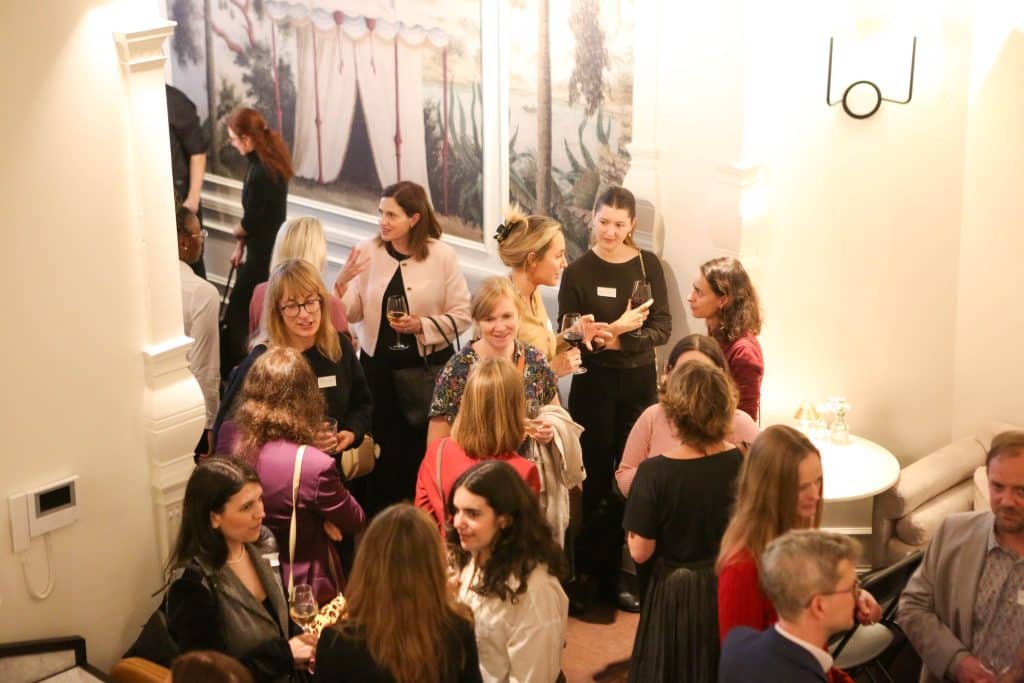
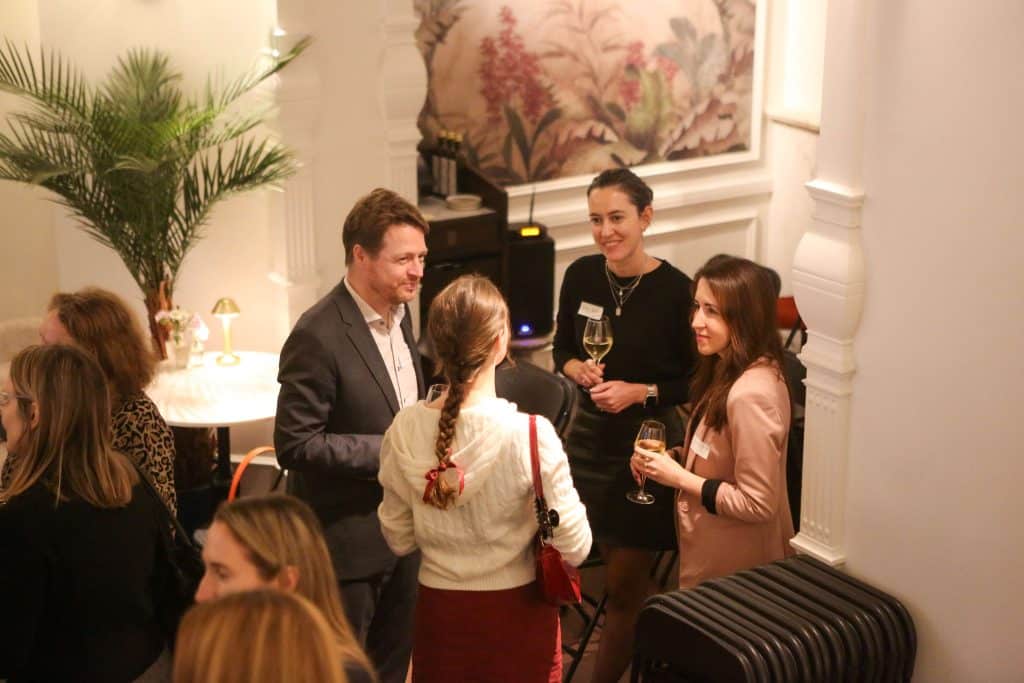
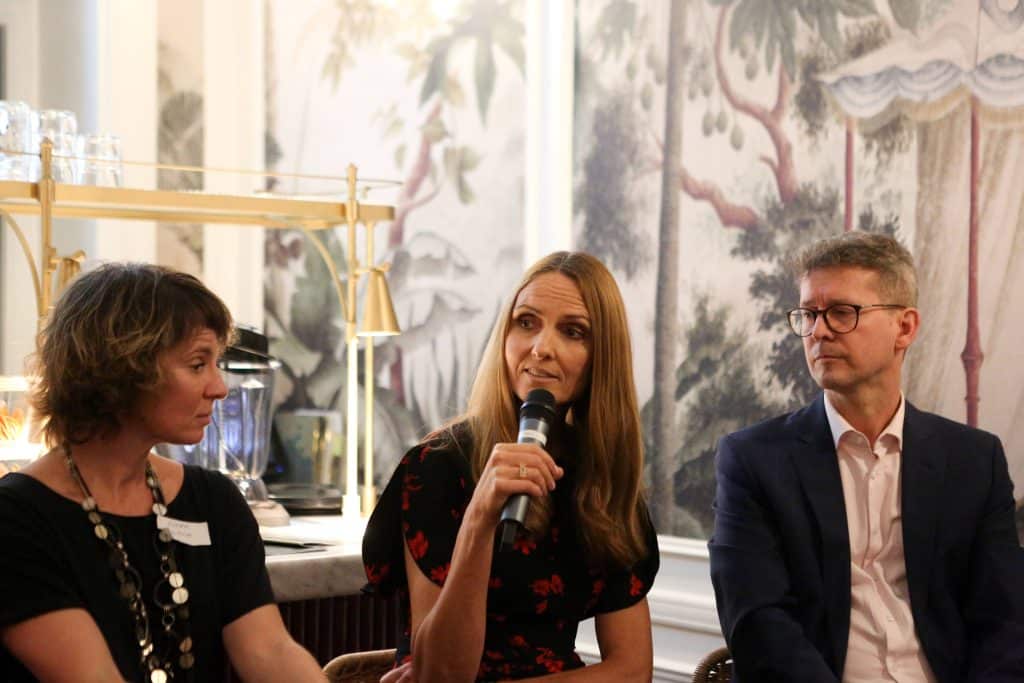
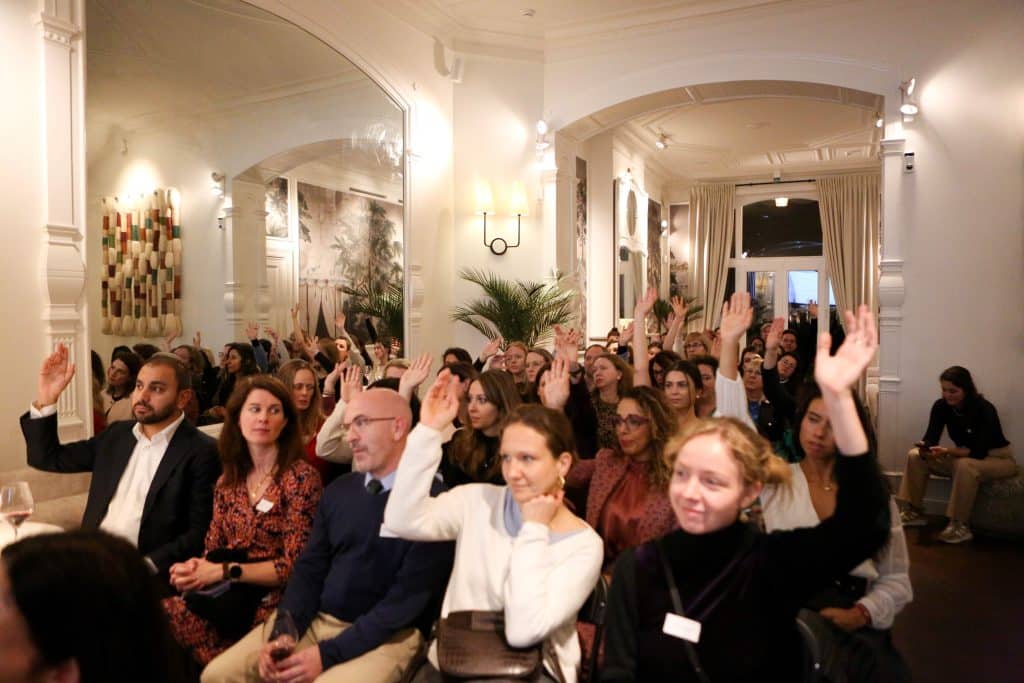
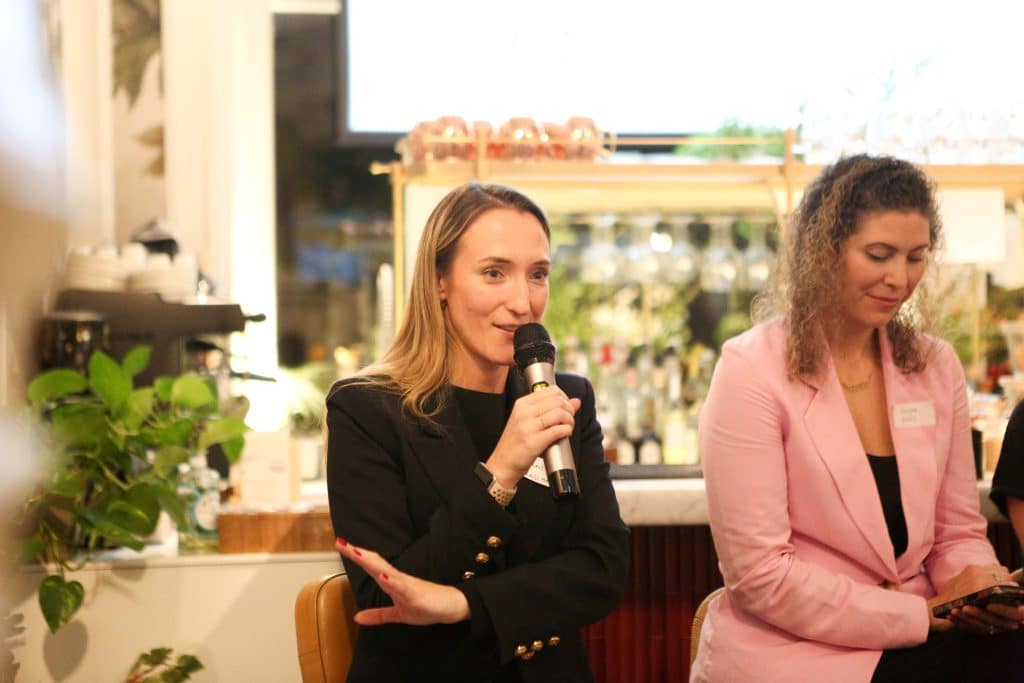
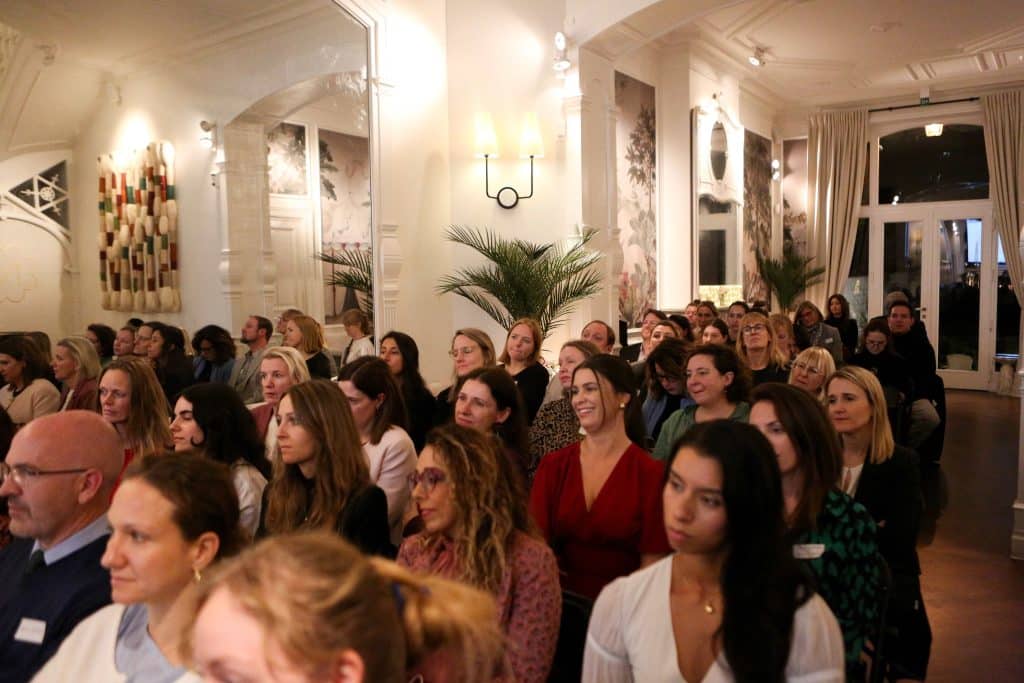
Photos supplied by Flora Van De Walle De Ghelcke, The Nine.

 enquiries@hansonsearch.com
enquiries@hansonsearch.com